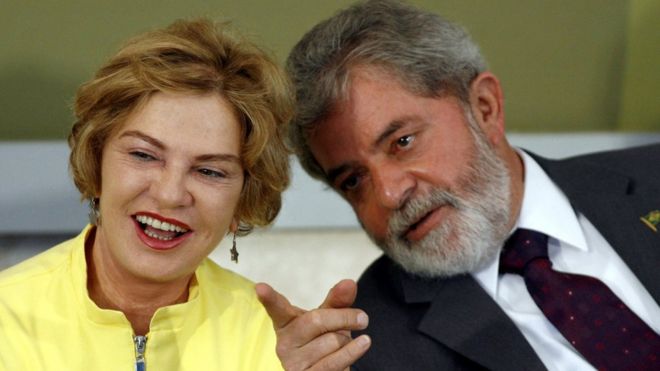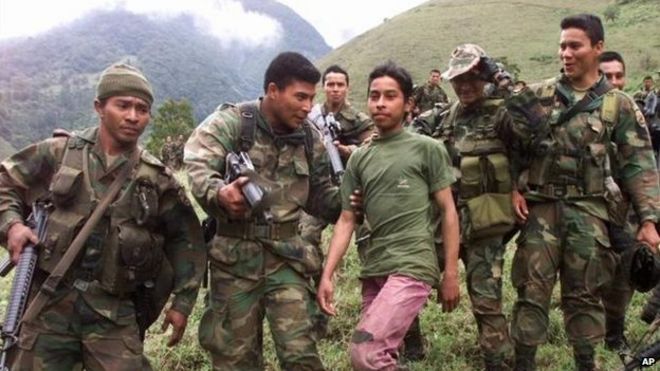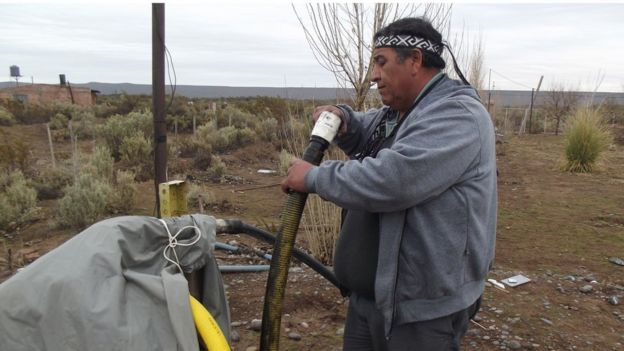By Cintia Garcia
Impunity Watch Reporter, South America
Bogota, Colombia—The president of Colombia, Juan Manuel Santos, acknowledged in a public statement on Thursday, the governments role in the assassination of leftist activists in the 1980s. The statement precedes the peace accord signing between the Revolutionary Armed Forces of Colombia (FARC) and the government.

After the peace agreements of the 1980s between the government and the FARC, the FARC formed the Patriotic Union (UP) political party. The political party was very successful in the 1986 election. Right-wing paramilitary groups, with government backing, assassinated thousands of its members and leaders, including the president of the UP, Jaime Pardo. An estimated 5,000 people were killed. A moment in history the FARC continues pin point during the new peace accord.
President Santos stated, “the tragedy should never have happened, and we must recognize that the government didn’t take sufficient measures to impede and prevent the assassinations, attacks, and other violations even though there was evidence the persecution was taking place.” He spoke in front of 200 survivors and family members of the UP—some wore shirts saying “They can cut the flowers, but they can’t stop the birth of spring.”
Santos continued by stating, “I make the solemn commitment before you today to take all the necessary measures and to give all the guarantees to make sure that never again in Colombia will a political organization have to face what the UP suffered.” President Santos has promised the safety and the protection of the FARC through the process.
Similarly, the FARC on Monday released a statement apologizing for the various kidnappings they committed in order to sustain themselves as a group. The FARC kidnapped thousands for ransom, including members of the elite.
The conflict in Colombia will soon come to end after the peace accords are signed on the 26th of September. The people of Colombia will vote on October 2, deciding whether to accept the peace accords.
For more information, please see:
The Atlantic—Colombia’s Role in a Rebel Crackdown—16 September 2016.
VOA News—Colombian President acknowledges Government’s Role in 19080’s Killings—16 September 2016.



